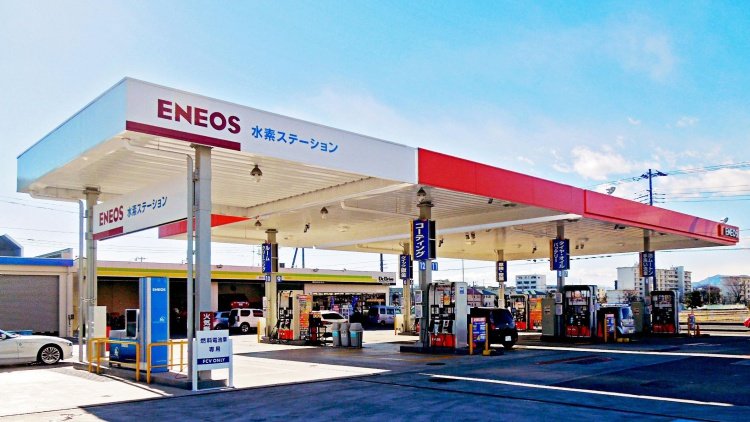Japanese Automakers Will Seriously Subsidize Hydrogen Fuel Stations

Toyota, Nissan, and Honda are detailing their partnership in Japan to subsidize the creation of an expanded FCV refueling infrastructure there in the coming years. The plan could provide a much-needed boost for goals that are already looking to miss their targets.
The partnership, which is called the Joint Hydrogen Infrastructure Support Project, is subsidizing a third of the annual operating expenses up to a maximum of 11 million yen ($90,000) for any hydrogen refueling station that applies and is accepted into the program. For now, the automakers plan to keep this running through around 2020. Toyota senior managing officer Kiyotaka Ise tells Bloomberg the whole thing over that time is expected to cost 5 billion to 6 billion yen ($40.5 million to $49 million). In addition to the money, the companies are trying to raise awareness about the alternative fuel to build popularity.
Japan has been pushing extremely hard to build the FCV market there for quite some time by subsidizing both the models and building refueling stations for them. By the 2020 Olympics, the country's goal is to have 6,000 fuel cell vehicles on the roads and possibly even 100,000 of them by 2025. The cars to fulfill these lofty hopes are just gaining steam, though. For example, the Mirai is already experiencing high demand, and Honda is set to bring its new challenger in 2016. This announcement says Nissan is aiming a potential entry for 2017, as well. According to Bloomberg, the fuel cell industry in Japan is forecasted to balloon from 400 million yen (3.3 million) in the current fiscal year to 100 billion ($813 million) by 2025.
Nouvelles connexes


